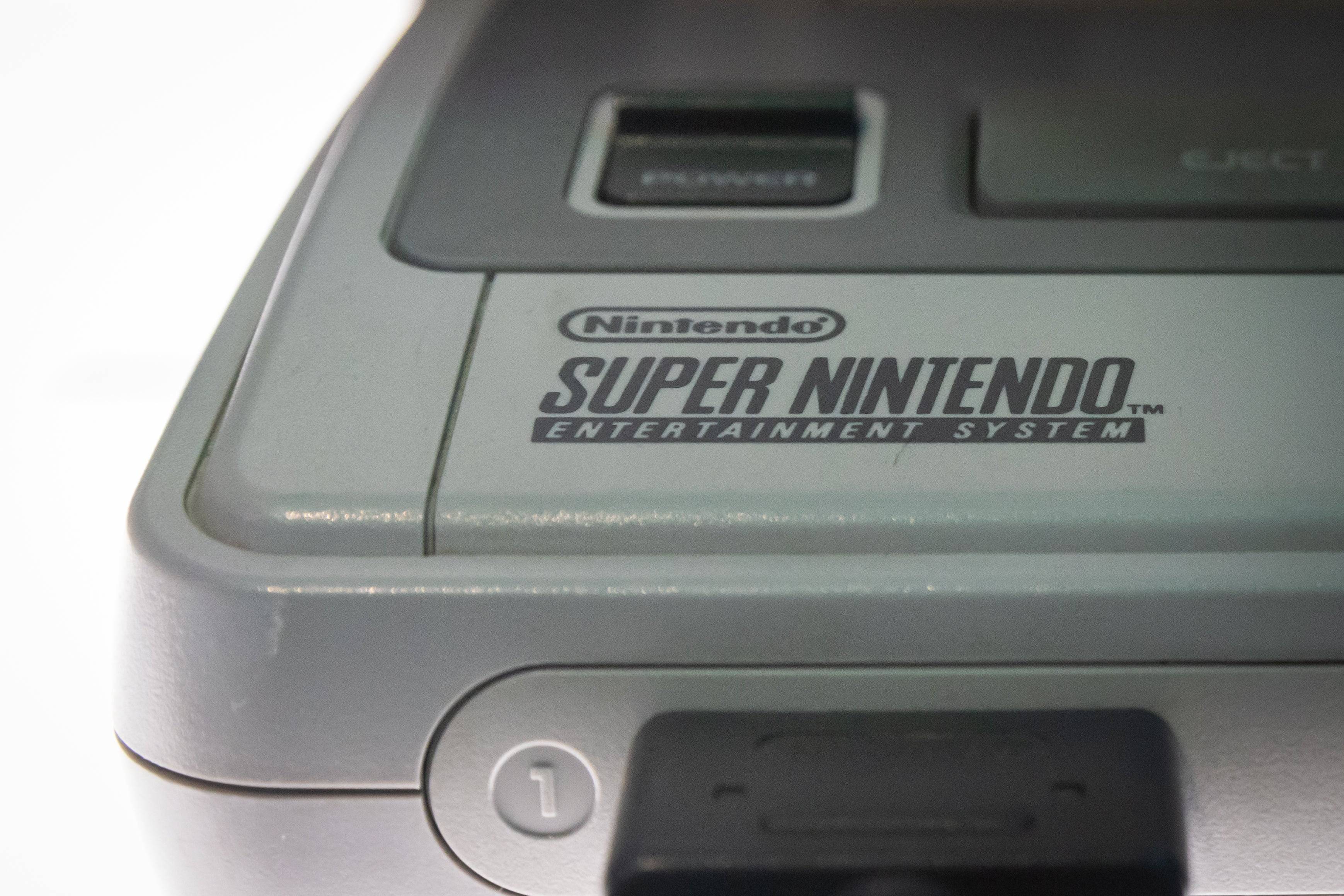The speedrunning community is buzzing with excitement and curiosity over a peculiar phenomenon: the Super Nintendo Entertainment System (SNES) appears to be running games faster as it ages. This surprising development was first brought to light by Bluesky user Alan Cecil (@tas.bot) in early February, suggesting that the nearly 50 million SNES units sold worldwide might now offer enhanced performance in classics like Super Mario World, Super Metroid, and Star Fox.
The notion that a video game console could improve its performance over time might sound far-fetched, but Cecil's research points to a specific component that could be responsible for this unexpected boost: the SNES's audio processing unit (APU) SPC700. According to official Nintendo specifications, the SPC700 operates at a digital signal processing (DSP) rate of 32,000Hz, controlled by a ceramic resonator running at 24.576MHz. However, retro console enthusiasts have noted that these specs aren't entirely accurate, with the DSP rate varying slightly based on environmental factors like temperature.

Cecil's investigation took a fascinating turn when he asked SNES owners to record data from their consoles. The responses, numbering over 140, revealed a clear trend of increasing DSP rates over time. While earlier measurements in 2007 showed an average DSP rate of 32,040Hz, Cecil's recent findings indicate an increase to 32,076Hz. Although temperature does influence these rates, the changes observed are too significant to be explained by temperature alone, suggesting that the SNES is indeed processing audio faster as it ages.
In a follow-up Bluesky post, Cecil shared detailed data showing that the average DSP rate across 143 responses was 32,076Hz, with an 8Hz increase from cold to warm conditions. The warm DSP rates ranged from 31,965 to 32,182Hz, a 217Hz range, indicating that temperature plays a lesser role in these changes. The exact reasons behind this phenomenon and its impact on gameplay remain a mystery, but the implications are intriguing.
While the speedrunning community is eager to understand how this could affect their records, Cecil acknowledges that more research is needed to pinpoint the cause and extent of these changes. Historical data from the console's first decade is scarce, making it challenging to draw definitive conclusions. Nonetheless, as the SNES approaches its 35th anniversary, it seems to be aging gracefully, potentially running games faster than ever before.
The potential impact on speedrunning is significant, as faster audio processing could theoretically reduce load times in certain game sections. However, the relationship between APU speeds and visual game speed isn't straightforward. Even under the most extreme conditions, the new findings might only shave off less than a second from an average speedrun. The effect on longer speedruns and how different games might benefit from these changes are still under investigation.
As Cecil continues his research into the SNES's inner workings, the console remains a fascinating subject for gamers and tech enthusiasts alike. For those interested in the SNES's legacy, you can explore its ranking on the list of best-selling consoles of all time.







